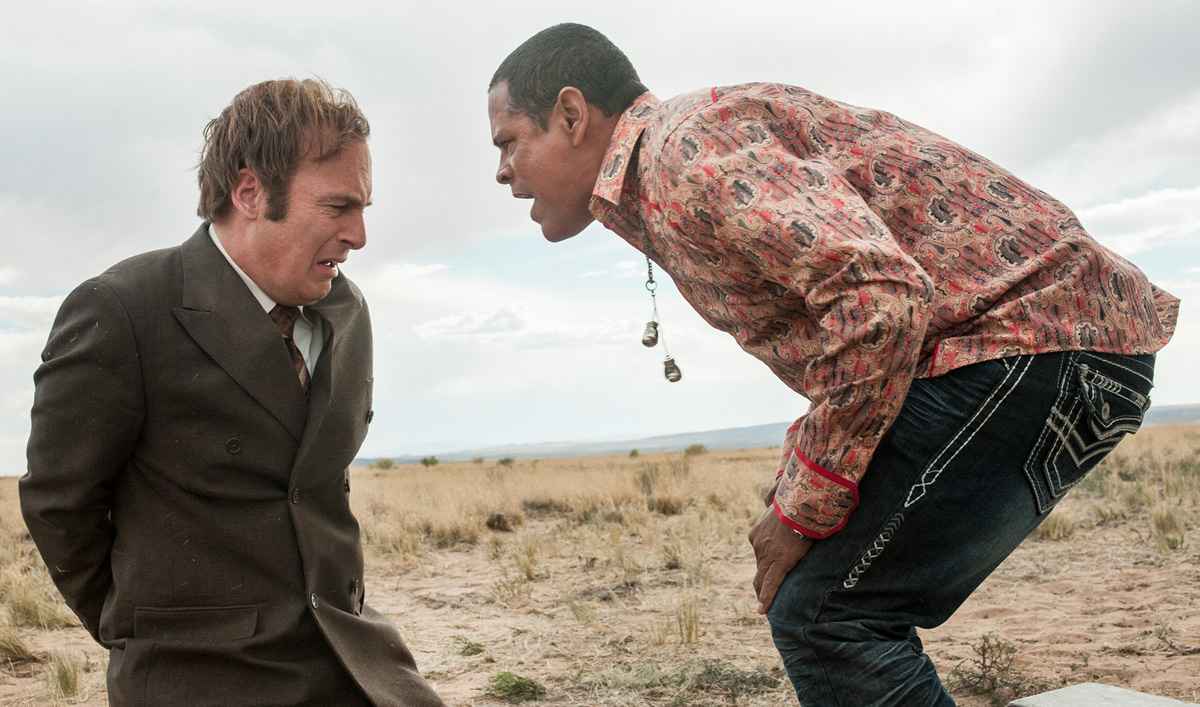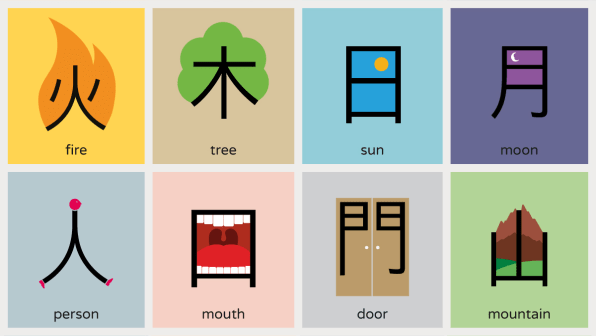Discipline at work
Have you encountered the following in any jobs or even among students?
1. People who gossip a lot. And casually complain a lot about other members of staff.
2. People who regularly moan about procedures etc
3. People who steal the credit for other's work
4. People who talk, talk, talk, but never make any real contribution
5. People who 'delegate' their own work to others
6. Know-it-alls who treat everyone else like they have no brain
Strategies:
A) ignore them
B) avoid them
C) confront them in private
D) confront them openly in front of others
E) give them friendly hints
F) use mild sarcasm
G) try to get them transferred
H) get the boss to delegate them more work
What is a win-win solution? What is a zero-sum game?
Try to think of ways where you can create win-wins in dealing with difficult people?
Tuesday, February 25, 2020
Monday, February 24, 2020
(Academics, Upper Intermediate) Unit 2: Courage
REVIEW
Do you remember what these things were?
In tandem
A predictor
Function words
Mental lexicon
An entry (in a dictionary)
Do you remember the difference between word recognition and word comprehension?
Do you remember whether the reading said these these sentences about reading were true or false?
1 The ability to recognise words is a core reading skill.
2 It is extremely difficult to understand language if you can’t read it.
3 It can take a reader about one tenth of a second to recognise a word.
4 Fluent readers can read an average of 350 words per minute.
5 Recognising a word is a simple, one-step reading skill.
cloze
Reading and understanding a text involves a series of complex cognitive skills that ___ in tandem. In order to understand the nature of reading, it is useful to ______ these skills and look at them individually. To _____ with, we will consider some of the lower level processes where our brain tracks individual words or phrases in order to build up the overall meaning of a text.
Word recognition is ___ widely accepted by researchers as one of the most important lower level processes that contributes to reading comprehension. Many studies over the past 20 years have demonstrated that effective word recognition skills are a major predictor of well-developed reading ability ____ on.
Chose the right option for the key information from the text
The importance of word recognition for reading is hard / easy to overestimate.
We are extraordinary / terrible word recognizers.
A fluent reader can read a text comfortably at 300-350 / 250–300 wpm.
Inefficient word-recognition processes are a minor / major obstacle for learners.
We are extraordinary / terrible word recognizers.
A fluent reader can read a text comfortably at 300-350 / 250–300 wpm.
Inefficient word-recognition processes are a minor / major obstacle for learners.
In order for fluent recognition to occur, a reader must
1. recognize the actual words on the page very carefully / rapidly
2. activate links between the way the word is written / spelled and the way it sounds
3. access resources associated with the meaning / sound of the word and where it appears
4. recognize features / obstacles such as prefixes and suffixes
5. access her or his mental / digital lexicon.
word recognition involves the / no interaction of different activated processes associated with writing, pronunciation, meaning and grammar.
In cases of word recognition difficulty social / contextual information plays an important role in word recognition.
This week's topic is courage
/cdn.vox-cdn.com/uploads/chorus_image/image/47875109/AP_7408070154_web.jpg-_20alt_3D-AP_7408070154_web-thumb.0.jpg)
Discuss
1. Do you see yourself as courageous?
2. Have you ever done anything brave?
In what ways might courage be an asset in these professions?
Nurse
Firefighter
Student
Employee
Sales manager
Soldier
Journalist
Lead in to Reading extension: think of an example of the following kinds of courage...
Lead in:
Have you heard of Philippe Petit?
Watch:
Philippe Petit: Somebody Has to Trespass
Look at these samples of Philippe's English:
put them to life
I learn to know how its design make friend the life of the cable.
to ask its forgiveness to allow me to
1. recognize the actual words on the page very carefully / rapidly
2. activate links between the way the word is written / spelled and the way it sounds
3. access resources associated with the meaning / sound of the word and where it appears
4. recognize features / obstacles such as prefixes and suffixes
5. access her or his mental / digital lexicon.
word recognition involves the / no interaction of different activated processes associated with writing, pronunciation, meaning and grammar.
In cases of word recognition difficulty social / contextual information plays an important role in word recognition.
This week's topic is courage
/cdn.vox-cdn.com/uploads/chorus_image/image/47875109/AP_7408070154_web.jpg-_20alt_3D-AP_7408070154_web-thumb.0.jpg)
Discuss
1. Do you see yourself as courageous?
2. Have you ever done anything brave?
In what ways might courage be an asset in these professions?
Nurse
Firefighter
Student
Employee
Sales manager
Soldier
Journalist
Lead in to Reading extension: think of an example of the following kinds of courage...
physical courage
moral courage
entrepreneurial courage
managerial courage
social courage
Listening
Lead in:
Have you heard of Philippe Petit?
Watch:
Philippe Petit: Somebody Has to Trespass
2:30 - 9:16
1. Which is the hardest moment in wire walking, according to Philippe?
2. What does Philippe compare the wire with?
2. What does Philippe compare the wire with?
3. Why was he arrested by the New York Police?
4. What was his "coup"?
5. Who taught Philippe to wire walk?
6. What does Philippe say about artists and their tools?
7. In what sense does Philippe believe he "never takes a risk"?
Language focus: from 4:40-7:11
My parents tried to stop me but to no a______
It was _______ natural that __________ many zig-zags in my young life I became a ____________ high-wire walker.
I had to ______________ everything
I decided to take the steel cable as a __________
This is not an _______ piece of steel
Look at these samples of Philippe's English:
put them to life
I learn to know how its design make friend the life of the cable.
to ask its forgiveness to allow me to
Now we pass 45 years later
Discuss:
1. Can you "correct" Philippe's English?
2. If you speak French, can you explain to others why Philippe expresses himself in this way?
3. Is Philippe a good English speaker, in your opinion? What is he "good" at and what is he "poor" at, when it comes to using English?
Discuss:
1. Can you "correct" Philippe's English?
2. If you speak French, can you explain to others why Philippe expresses himself in this way?
3. Is Philippe a good English speaker, in your opinion? What is he "good" at and what is he "poor" at, when it comes to using English?
Sunday, February 23, 2020
(Advanced) Desert Negotiation

After securing his own freedom from summary execution by a Mexican drug gang, Saul has the audacity to plead for leniency on behalf of two other unfortunates.
Watch:
Desert Negotiation
Tuesday, February 18, 2020
Responding to Questions
Caveman at a Job Interview
The Original Job Interview
A probing question
A leading (loaded) question
An open question
A closed question
A hypothetical question
A reflective question
Other kinds
A curve-ball question
A pointed question
A follow-up question
A putting-you-on-the-spot question
Interesting responses to a question
Responding with another question
Saying: "great question" or "I'm glad you asked", or "I've always wanted to be asked this question"
Saying: "I'll tell you a quick story"
Beginning with: "I can't answer all of your question, but I can say..."
Sunday, February 16, 2020
(Academic skills, Advanced) Unit 1: Language
SPEAKING
Discuss the questions in pairs.
1. When did you learn to read
in your first language?
2. What do you remember about the process of learning?
Think about:
•who taught you
•the kinds of material they used
•reading silently or aloud
•special techniques to get you reading
Have you ever helped a little person learn how to read? What do they struggle to do?
Have you ever helped a little person learn how to read? What do they struggle to do?
3. What kind of free time reading do you currently do?
•online
•print newspapers / magazines
•fiction / non-fiction
4. Do you personally give more value to fiction or non-fiction?
5. What do you get from reading fiction, as opposed to non-fiction?
VOCABULARY
In tandem
A predictor
Function words
Mental lexicon
An entry (in a dictionary)
READING
What's the difference:
recognise / comprehend
What's the difference:
recognise / comprehend
What’s the difference between word recognition and word
comprehension?
Can you describe exactly what goes on in your mind when you’re
reading? How does it differ from what goes on in your mind when you’re…
1. listening
2. writing
Do you think these sentences about reading are true or
false?
1 The ability to recognise words is a core reading skill.
2 It is extremely difficult to understand language if you
can’t read it.
3 It can take a reader about one tenth of a second to
recognise a word.
4 Fluent readers can read an average of 350 words per
minute.
5 Recognising a word is a simple, one-step reading skill.
The text adapted:
cloze
How do we read?
Reading and understanding a text involves a series of
complex cognitive skills that ___ in tandem. In order to understand the nature
of reading, it is useful to ______ these skills and look at them individually.
To _____ with, we will consider some of the lower level processes where our
brain tracks individual words or phrases in order to build up the overall
meaning of a text.
Word recognition
Word recognition is ___ widely accepted by researchers as
one of the most important lower level processes that contributes to reading
comprehension. Many studies over the past 20 years have demonstrated that
effective word recognition skills are a major predictor of well-developed
reading ability ____ on. This suggests that developing good word recognition
skills is an important first ___ in becoming a fluent reader. Because so much
research has been dedicated to word recognition, it is possible to hear critics
of cognitive research sometimes say that word recognition is not, in fact,
reading comprehension. However, we will ___ find any researchers who have said
that reading comprehension is word recognition. What most researchers __ say is
that fluent reading comprehension is not possible without rapid and automatic
recognition of a large vocabulary. They ____ say that word recognition
represents that part of comprehension that is unique __ reading. In ____ words, many non-readers have listening comprehension abilities associated with
language more generally; what they are _____ is the capability to activate
comprehension specifically from graphic symbols and their combinations.
Use the parts I have underlined and bolded, to write a summary of paragraphs 3 and 4.
The importance of word recognition for reading is hard to
overestimate. When we read, we actually focus on almost all (about 80%) of
the content words that we read and about 50 percent of the small function words
(Adams, 1990; Perfetti, 1999; Pressley, 2006). We are able to do this because we
are such extraordinary word recognizers. We can often recognize a
word in well less than 100 milliseconds (Ashby & Rayner, 2006; Breznitz,
2006), and we tend to maintain our focal vision on words for an average time of
200–500 milliseconds (Perfetti 1999). Keeping these numbers in mind, it is not
hard to see how a fluent reader can read a text comfortably at 250–300 wpm.
It should also be evident that inefficient word-recognition processes are a
major obstacle for learners.
In order for fluent recognition to occur, a reader must
be able to do the following: recognize the actual words on the page very
rapidly, activate links between the way the word is written (the
graphic form) and the way it sounds (the phonological information), then
access resources associated with the meaning of the word and where it
appears in a phrase, while also recognizing features such as prefixes
and suffixes in more complex word forms, and then finally access her or
his mental lexicon. These subskills represent a standard way to describe
word recognition skills. Perfetti & Hart (2001) have described these
processes as ‘constituents’ of word recognition; that is, word recognition
involves the interaction of different activated processes associated with
writing, pronunciation, meaning and grammar. Fast and automatic word
recognition occurs when visual input from the word on the page activates
lexical entries in the reader’s lexicon that have well-represented information
of all these four processes. In cases of word recognition difficulty or
encounters with unknown words, the impact of contextual information plays an
important role in word recognition.
Listening and speaking
Speaking questions based on vocab:
Do you sometimes eavesdrop on other people's conversations?
What prompted you to study in New Zealand instead of another country?
Can you decipher these Chinese characters using the helpful prompts?

Here's the answers:

Combine the mouth and person pictograms to convey "prisoner"
Expand the "person" character to convey...
follow
crowd
big
Check:

Name five things that emit heat.
Name two things that emit steam.
Do they emit sounds?
Trees
Fish
Spiders
Lightbulbs
Grass
Name some living things that can emit light?
What do these things have in common?
Shoes
Cheese
Vinegar
Arm pits
Feet
Rubbish bins
Listening and speaking
Can plants talk to each other? It certainly doesn’t seem that way: They don’t have complex sensory or nervous systems, like animals do, and they look pretty passive. But odd as it sounds, plants can communicate with each other — especially when they’re under attack.
Vocab
To beef up
Scarce (adj.)
The make-up (n.) of sth
To eavesdrop
A chemical fingerprint
To emit
Airborne (adj.)
To decipher
A symbiotic relationship
Filaments (n.)
Blight (n.)
To prompt / trigger
To ramp up
Ted Lesson:
Gap fill for second listening:
Basking in the ___
Odd as it _______
Under _________
Plumes of ____________ chemicals
Increase the _____________ of
________ sb of danger
A self-__________ mechanism
__________ on signals
C________ warnings
_______ types
Airborne b__________
Ramp up p____________
Speaking questions based on vocab:
Do you sometimes eavesdrop on other people's conversations?
What prompted you to study in New Zealand instead of another country?
Can you decipher these Chinese characters using the helpful prompts?

Here's the answers:

Combine the mouth and person pictograms to convey "prisoner"
Expand the "person" character to convey...
follow
crowd
big
Check:

Name five things that emit heat.
Name two things that emit steam.
Do they emit sounds?
Trees
Fish
Spiders
Lightbulbs
Grass
Name some living things that can emit light?
What do these things have in common?
Shoes
Cheese
Vinegar
Arm pits
Feet
Rubbish bins
Subscribe to:
Comments (Atom)

